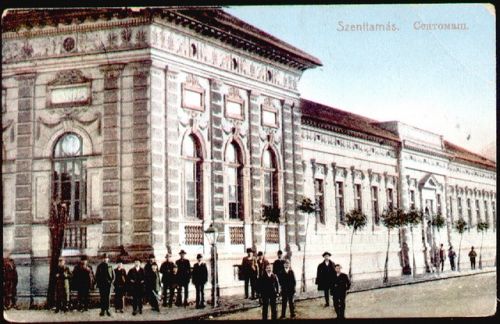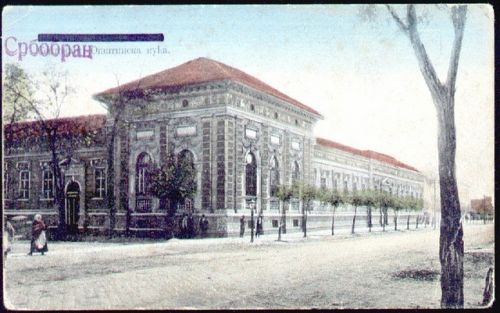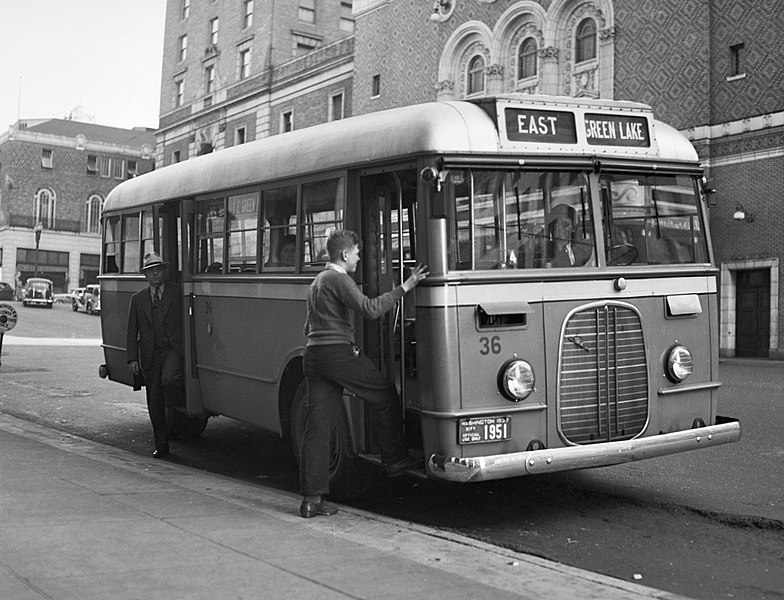Two Types
I'll Lock Up
- Messages
- 5,456
- Location
- London, UK
Our Vintage Town will have a Gas Works, located on the edge of town in a district populated by roughnecks, bullyboys, toughs, and hoods. Those who violate town discipline will be taken across the tracks and dumped out behind the Gas Works, where the Gas House Boys will show them the error of their ways.

I hope the greyhound track will be nearby, for the 'wide-boys' and the 'doggy-boys'.






